
Karachi: The City of Lights and Cultural Melting Pot
Karachi, the largest city in Pakistan, is a vibrant and bustling metropolis brimming with culture, history, and modern attractions. As a key port city, Karachi serves as the economic heartbeat of the country and offers a unique blend of old-world charm and contemporary allure. Its diverse population, representing various ethnicities and cultures, adds a rich tapestry to the city's character. One of Karachi's most striking features is its coastline along the Arabian Sea. The city boasts stunning beaches such as Clifton Beach and Sandspit, where visitors can enjoy the sun, sea, and sand. The city's seafront is also home to luxury hotels, fine dining restaurants, and lively street food vendors, making it a great place to relax and indulge. Beyond the beaches, Karachi offers an array of historical landmarks and cultural sites. The Quaid-e-Azam's Mausoleum, a tribute to the founder of Pakistan, is a must-visit for its architectural grandeur and historical significance. For art enthusiasts, the city's numerous galleries and museums, like the Mohatta Palace, offer a glimpse into Pakistan's rich artistic heritage. Karachi's bustling bazaars, such as the famous Empress Market, provide a sensory overload of sights, sounds, and smells, showcasing the city's dynamic marketplace culture. Karachi's food scene is another highlight for tourists. The city is renowned for its diverse culinary offerings, ranging from traditional Pakistani dishes to international cuisine. Food streets like Burns Road and Boat Basin are popular among locals and visitors alike for their mouth-watering delicacies. Whether you're exploring its historical sites, enjoying its beaches, or savoring its diverse cuisine, Karachi promises an unforgettable experience filled with warmth and hospitality.
Local tips in Karachi
- Visit Clifton Beach during weekdays to avoid the crowds and enjoy a peaceful seaside experience.
- For an authentic shopping experience, explore local bazaars like Empress Market but be prepared to haggle.
- Try the street food at Burns Road for a true taste of Karachi's culinary diversity.
- Use ride-hailing services like Careem or Uber for safe and convenient transportation around the city.
- Visit the Quaid-e-Azam's Mausoleum in the early morning to avoid the heat and large crowds.
- Stay hydrated and carry a hat or umbrella to protect yourself from the sun, as Karachi can get quite hot.
Neighbourhoods in Karachi
Karachi: The City of Lights and Cultural Melting Pot
Karachi, the largest city in Pakistan, is a vibrant and bustling metropolis brimming with culture, history, and modern attractions. As a key port city, Karachi serves as the economic heartbeat of the country and offers a unique blend of old-world charm and contemporary allure. Its diverse population, representing various ethnicities and cultures, adds a rich tapestry to the city's character. One of Karachi's most striking features is its coastline along the Arabian Sea. The city boasts stunning beaches such as Clifton Beach and Sandspit, where visitors can enjoy the sun, sea, and sand. The city's seafront is also home to luxury hotels, fine dining restaurants, and lively street food vendors, making it a great place to relax and indulge. Beyond the beaches, Karachi offers an array of historical landmarks and cultural sites. The Quaid-e-Azam's Mausoleum, a tribute to the founder of Pakistan, is a must-visit for its architectural grandeur and historical significance. For art enthusiasts, the city's numerous galleries and museums, like the Mohatta Palace, offer a glimpse into Pakistan's rich artistic heritage. Karachi's bustling bazaars, such as the famous Empress Market, provide a sensory overload of sights, sounds, and smells, showcasing the city's dynamic marketplace culture. Karachi's food scene is another highlight for tourists. The city is renowned for its diverse culinary offerings, ranging from traditional Pakistani dishes to international cuisine. Food streets like Burns Road and Boat Basin are popular among locals and visitors alike for their mouth-watering delicacies. Whether you're exploring its historical sites, enjoying its beaches, or savoring its diverse cuisine, Karachi promises an unforgettable experience filled with warmth and hospitality.
When is the best time to go to Karachi?
Iconic landmarks you can’t miss
Mazar-e-Quaid-e-Azam
Explore the historic Mazar-e-Quaid-e-Azam, a majestic mausoleum celebrating the legacy of Pakistan's founder, set amidst beautiful gardens in Karachi.
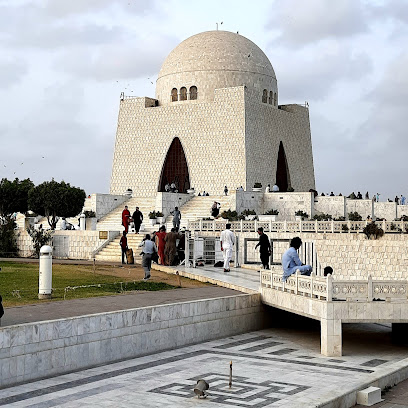
Pakistan Maritime Museum
Discover the maritime heritage of Pakistan at the Pakistan Maritime Museum in Karachi, featuring outdoor naval vessels and engaging exhibits.
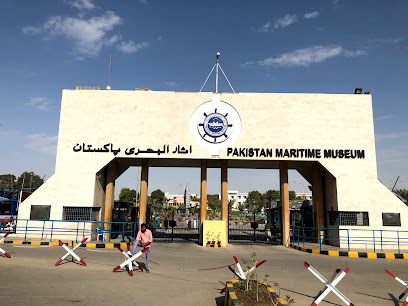
Frere Hall
Discover the historical and architectural beauty of Frere Hall, a prominent landmark in Karachi, Pakistan, perfect for culture and history enthusiasts.
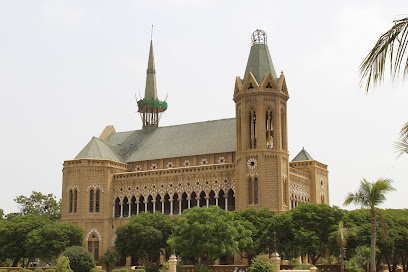
Tooba Masjid
Discover the architectural wonder of Tooba Masjid in Karachi, a stunning mosque with a monumental dome and serene gardens, perfect for reflection and photography.
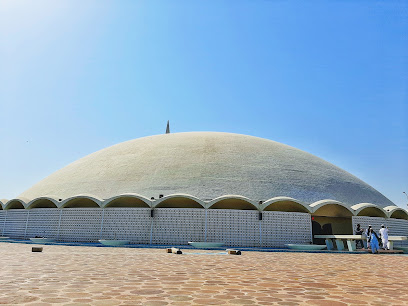
Mohatta Palace Museum
Discover the architectural beauty and cultural richness of Mohatta Palace Museum, a historical gem in Karachi, offering art exhibitions and serene gardens.
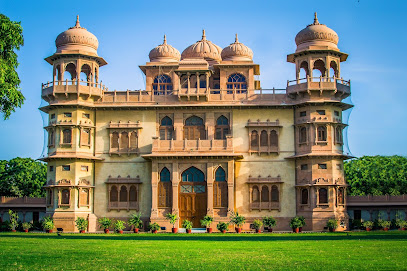
A.K. Khan Park
Explore A.K. Khan Park in Karachi, a beautiful urban park perfect for relaxation, picnics, and enjoying nature's beauty in the city's heart.
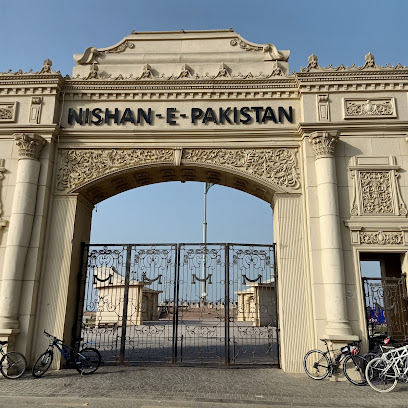
TDF Magnifi Science Centre
Explore the interactive wonders of science at TDF Magnifi Science Centre, Karachi's premier destination for science enthusiasts and curious minds.
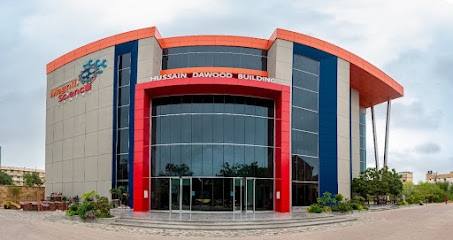
Shrine Hazrat Syed Abdullah Shah Ghazi
Experience the serene beauty and spiritual heritage of Shrine Hazrat Syed Abdullah Shah Ghazi in Karachi, a must-visit landmark for all travelers.
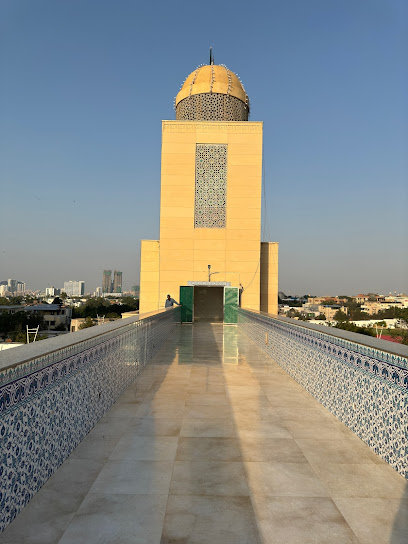
2 Number Roundabout
Experience the vibrant culture and rich history at 2 Number Roundabout, a must-visit landmark in Karachi's bustling city life.
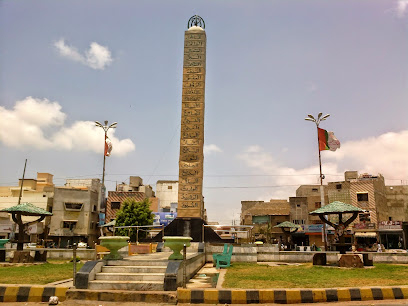
Clifton Beach, Karachi
Explore the beauty of Clifton Beach in Karachi, where sun, sand, and vibrant local culture come together for an unforgettable experience.
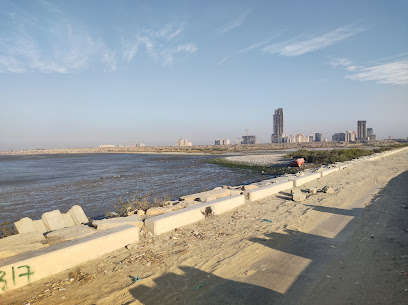
Poonabhai Mamaiya Tower
Discover the historical Poonabhai Mamaiya Tower in Karachi, a stunning clock tower that embodies the city's rich architectural heritage and cultural vibrancy.
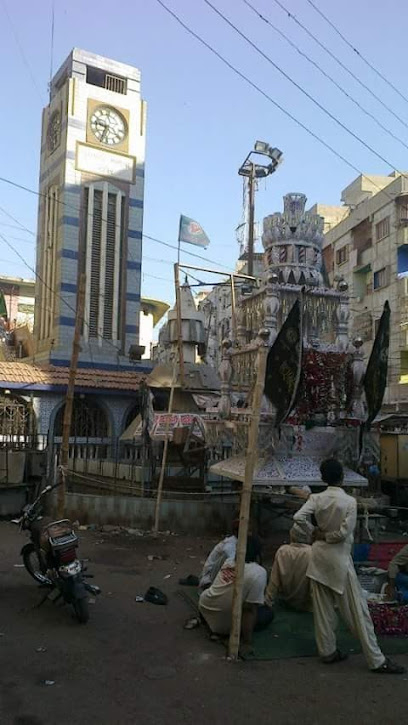
Aziz Bhatti Park
Experience the serene beauty of Aziz Bhatti Park, a green oasis in Karachi perfect for picnics, jogging, and enjoying nature's tranquility.
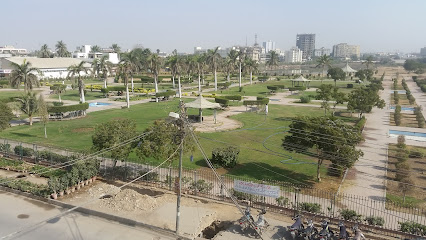
Quaid e Azam House Museum
Discover the heritage of Pakistan at Quaid-e-Azam House Museum, the historic home of Muhammad Ali Jinnah, offering rich insights into the nation's founder.
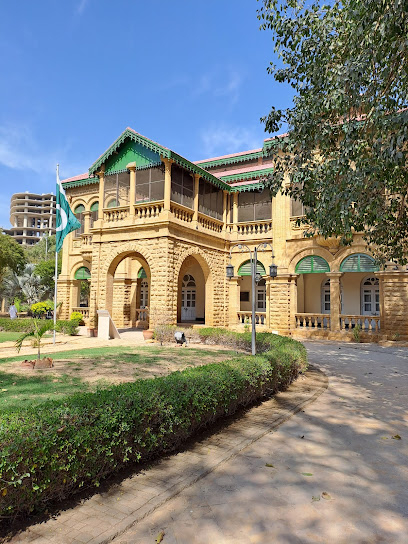
National Museum Of Pakistan
Discover the rich cultural heritage of Pakistan at the National Museum, a captivating journey through history, art, and tradition in Karachi.
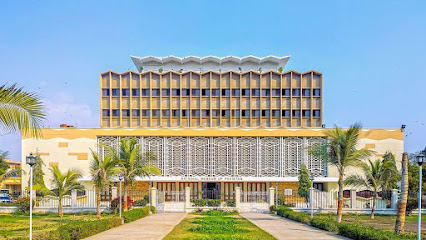
Aath Chowk Lyari
Discover the vibrant cultural tapestry of Karachi at Aath Chowk Lyari, a historical landmark filled with life, tradition, and local flavors.
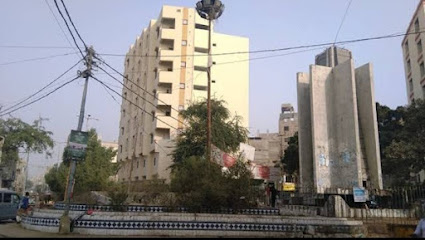
Unmissable attractions to see
Pakistan Air Force Museum
Discover the fascinating world of aviation at the Pakistan Air Force Museum, home to a remarkable collection of aircraft and historical exhibits.
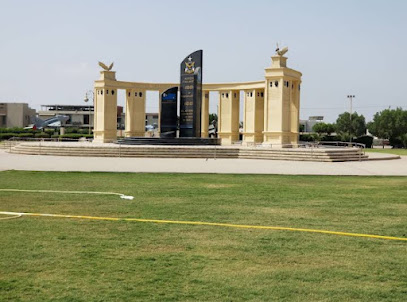
Mazar-e-Quaid-e-Azam
Explore Mazar-e-Quaid-e-Azam, a stunning mausoleum honoring Muhammad Ali Jinnah, nestled in Karachi's lush gardens, reflecting Pakistan's rich history.
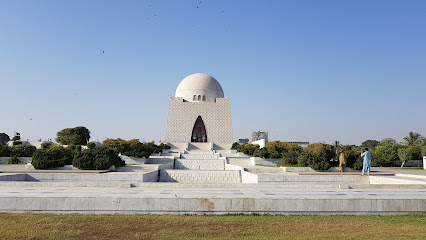
Pakistan Maritime Museum
Discover the maritime heritage of Pakistan at the Pakistan Maritime Museum in Karachi, showcasing submarines, aircraft, and rich naval history for all ages.
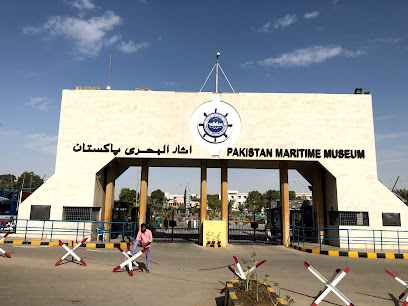
Frere Hall
Explore Frere Hall: A historical landmark and serene library in Karachi, blending stunning architecture with rich cultural heritage.
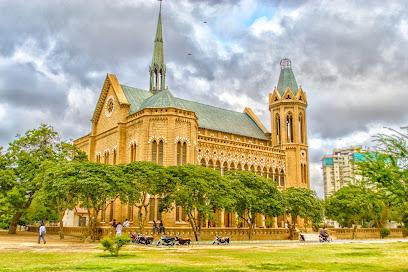
Safari Park
Discover the enchanting wildlife and serene beauty of Safari Park, a premier tourist attraction in Karachi, Pakistan, perfect for families and nature enthusiasts.
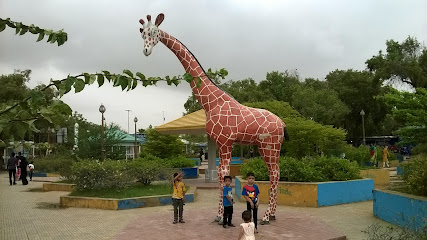
Jahangir Park
Experience the serene beauty of Jahangir Park, a lush city oasis in Karachi perfect for relaxation, family fun, and cultural exploration.
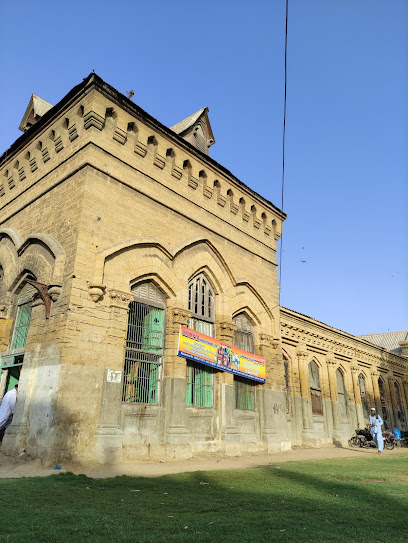
Tooba Mosque
Explore the breathtaking Tooba Mosque, a stunning architectural gem and serene spiritual retreat in the heart of Karachi, Pakistan.
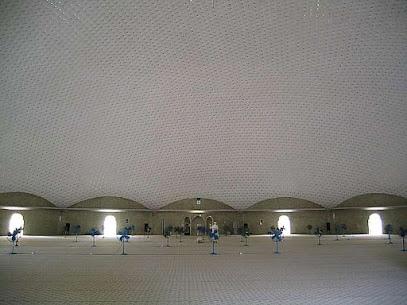
Tooba Masjid
Discover the architectural beauty and spiritual serenity of Tooba Masjid, a must-visit attraction in Karachi, Pakistan.
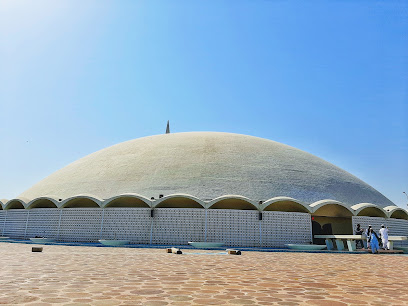
Empress Market
Explore the vibrant Empress Market in Karachi, a historical market square filled with local culture, commerce, and culinary delights.
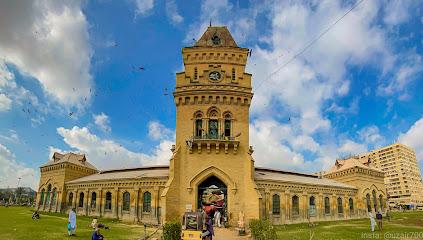
Do Darya
Experience the finest seafood and local delicacies at Do Darya, Karachi's premier dining destination by the sea.
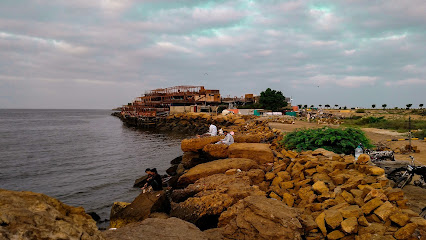
Mohatta Palace Museum
Immerse yourself in the rich history and stunning architecture of Mohatta Palace Museum, a cultural gem in Karachi.
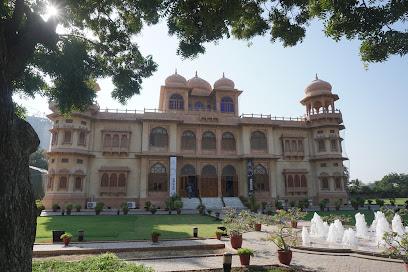
Nishtar Park
Explore Nishtar Park - A serene green escape in Karachi, filled with natural beauty and a vibrant atmosphere for relaxation and enjoyment.
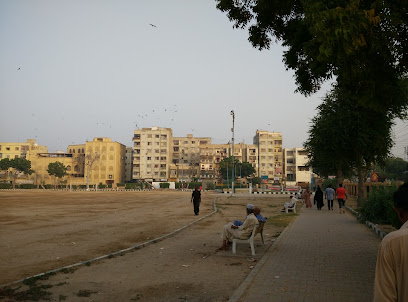
Hilal Park
Experience the serene beauty of Hilal Park, an oasis in Karachi, perfect for relaxation, exercise, and family outings amidst lush greenery.
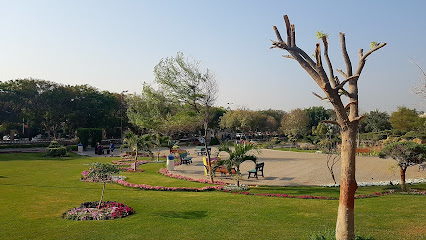
A.K. Khan Park
Discover the tranquil beauty of A.K. Khan Park in Karachi, a perfect urban oasis for relaxation and rejuvenation amidst nature.
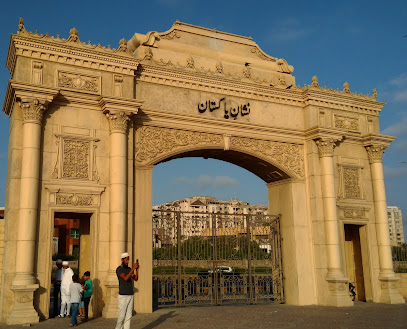
Mufti Ramzan Family Park & Mini Zoo
Discover the lush greenery and family-friendly fun at Mufti Ramzan Family Park & Mini Zoo in Karachi, a perfect getaway for nature lovers.
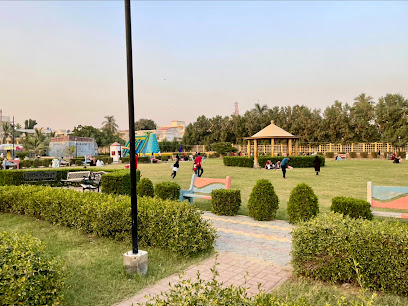
Essential places to dine
Kolachi Restaurant
Discover Karachi's culinary treasure with breathtaking views at Kolachi Restaurant – where authentic Pakistani flavors meet seaside charm.
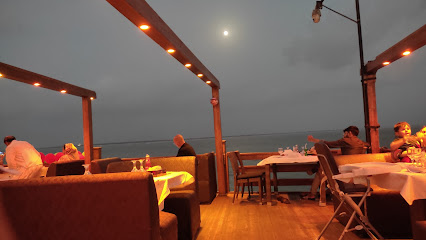
LalQila Restaurant Karachi
Experience royal Mughal cuisine at LalQila Restaurant in Karachi, where every meal is a feast for the senses.
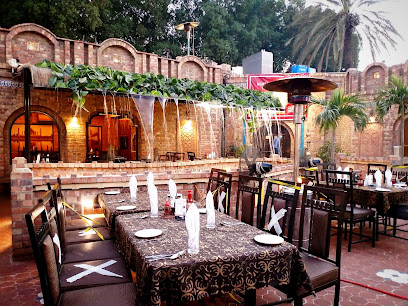
New Zahid Restaurant
Discover authentic Pakistani cuisine at New Zahid Restaurant in Karachi, where every dish tells a story of rich culinary heritage.
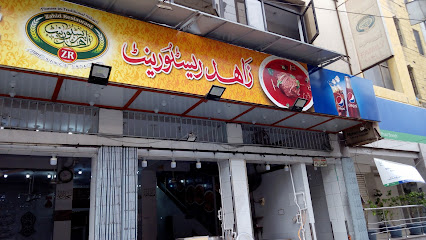
Boat Basin
Explore Karachi's culinary scene at Boat Basin, where diverse flavors meet vibrant street life in an unforgettable dining experience.
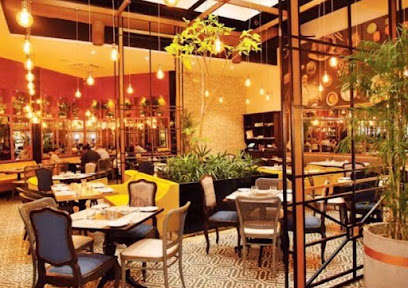
Saltanat Restaurant
Discover the best buffet dining experience at Saltanat Restaurant in Karachi - where family-friendly ambiance meets exquisite flavors.
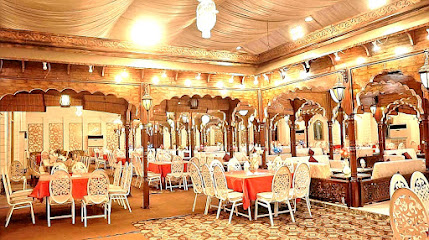
Clock Tower - The Food Bazaar
Experience the vibrant culinary scene at Clock Tower - The Food Bazaar in Karachi with diverse buffets, steaks, and baked delights for the whole family.
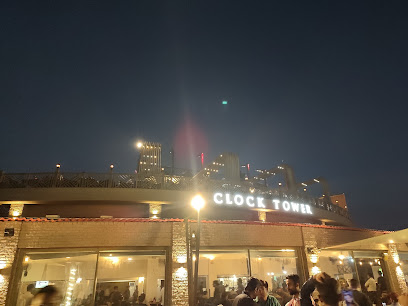
Mandi House
Experience authentic Arabian flavors at Mandi House in Karachi - a top choice for Middle Eastern cuisine lovers.
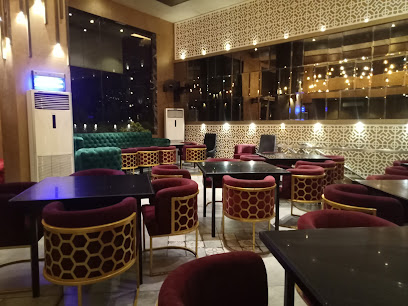
Second Wife Restaurant
Experience Karachi's culinary delight at Second Wife Restaurant - home to exquisite barbecue flavors and warm hospitality.
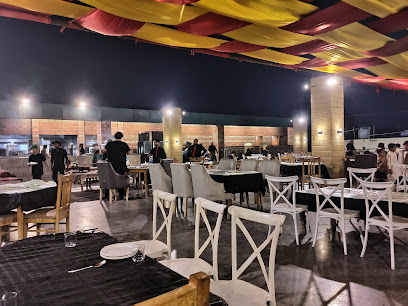
Xander's
Discover Xander's in Karachi – where modern culinary delights meet warm hospitality in an inviting atmosphere.
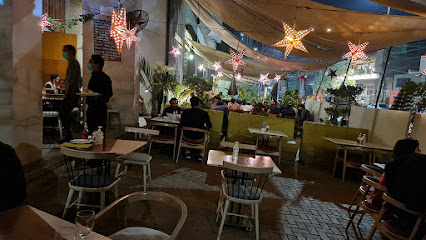
Ginsoy - SMCHS Branch
Experience authentic Chinese cuisine at Ginsoy - SMCHS Branch, where flavor meets tradition in a family-friendly atmosphere.
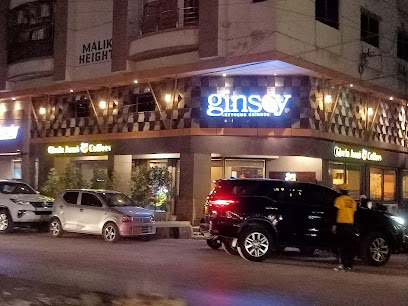
Lasania Restaurant
Discover the rich flavors of Pakistani cuisine at Lasania Restaurant – your gateway to culinary excellence in Karachi.
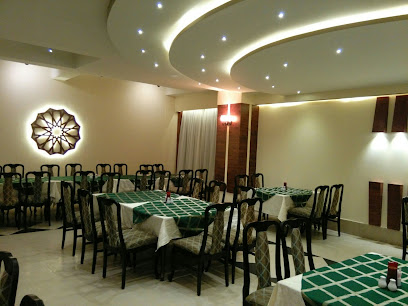
Karachi Foods
Discover the rich flavors of Pakistani cuisine at Karachi Foods, where tradition meets modern dining in an inviting atmosphere.
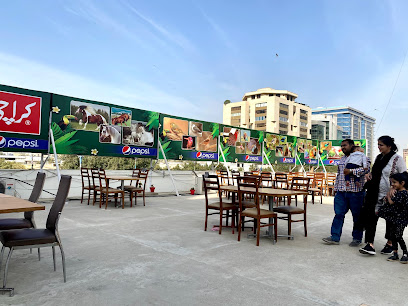
Cocochan - Tipu Sultan
Discover the essence of Pan Asian cuisine at Cocochan in Karachi – where flavors unite in an unforgettable dining experience.
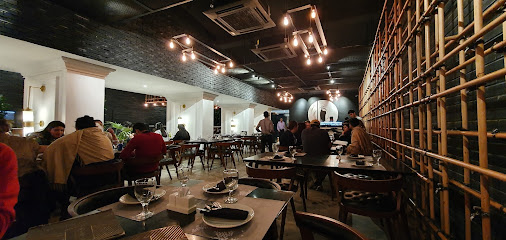
Ala Rahi
Experience the exquisite flavors of Pakistan at Ala Rahi, Karachi's top restaurant known for its unique dishes and vibrant atmosphere.
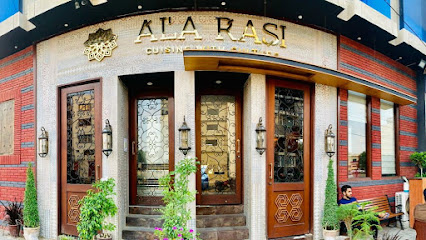
Bam-Bou Restaurant
Discover authentic Chinese flavors at Bam-Bou Restaurant in Karachi - where culinary excellence meets elegant dining.
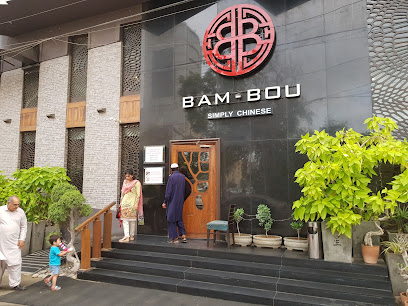
Markets, malls and hidden boutiques
Gul Plaza Shopping Centre
Explore the vibrant Gul Plaza Shopping Centre in Karachi, where shopping meets local culture, dining, and family-friendly fun.
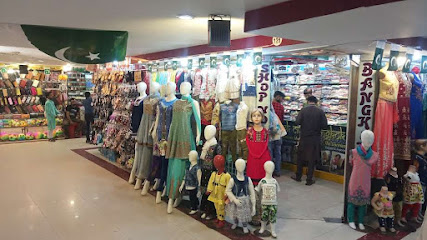
Sanaulla Store - Tariq Road
Explore a world of fashion at Sanaulla Store - Tariq Road, Karachi, offering diverse clothing options and quality fabrics for all styles.
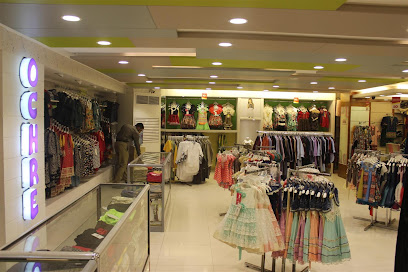
Arisan Gifts & Accessories
Discover unique gifts and accessories at Arisan Gifts & Accessories, a vibrant shopping destination in Karachi celebrating local craftsmanship and culture.
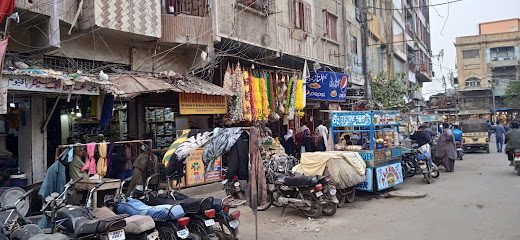
Tali
Explore Tali in Karachi for a unique selection of traditional crafts and authentic souvenirs that capture the essence of Pakistan's rich cultural heritage.
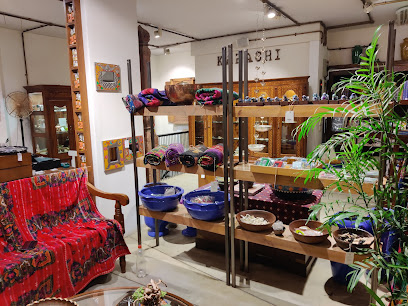
Light house market Gate no 2
Discover unique fashion finds at Lighthouse Market Gate no 2, Karachi's vibrant hub for vintage clothing and local culture.
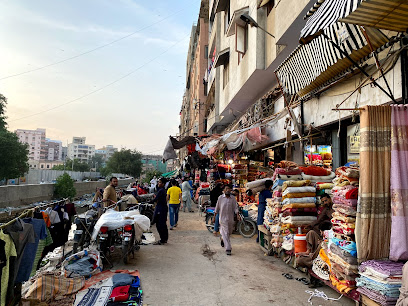
Kayazar Online Store
Explore Kayazar Online Store in Karachi for an unforgettable shopping experience, featuring fashion, beauty, and unique gifts that capture local essence.
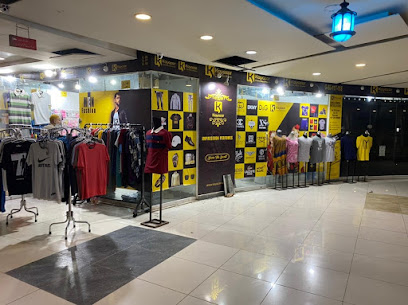
Tariq road karachi
Experience the bustling shopping atmosphere of Tariq Road, Karachi, where you can find everything from local crafts to international brands in one vibrant location.
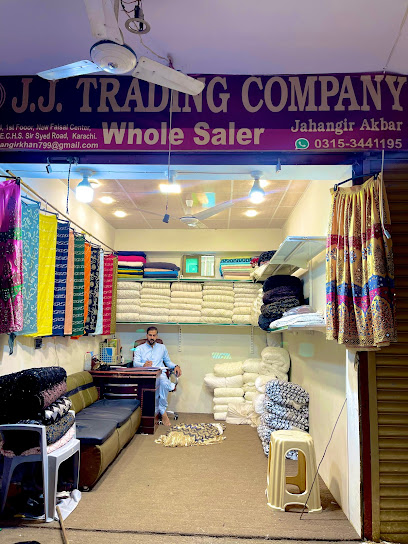
Pak Green Souveniors
Explore the vibrant culture of Karachi through unique souvenirs at Pak Green Souveniors, your gateway to authentic Pakistani treasures.
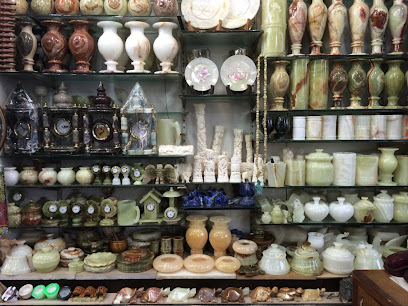
Shopping Gali
Discover unique gifts and party supplies at Shopping Gali, a vibrant shop celebrating local culture and creativity.
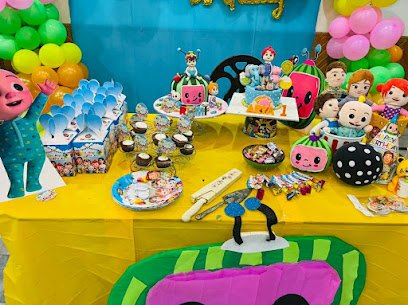
Amna Khadija The Fashion Store
Explore the essence of Karachi's fashion scene at Amna Khadija, where style meets tradition in a stunning array of clothing and accessories.
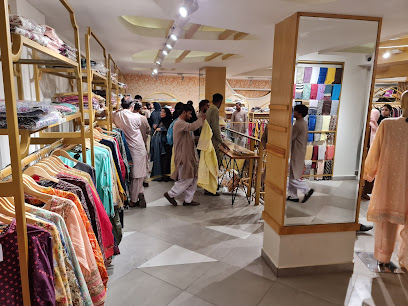
ABC STORE
Explore the vibrant fashion and beauty offerings at ABC Store in Karachi's bustling Bombay Bazaar Market, where local culture meets contemporary style.
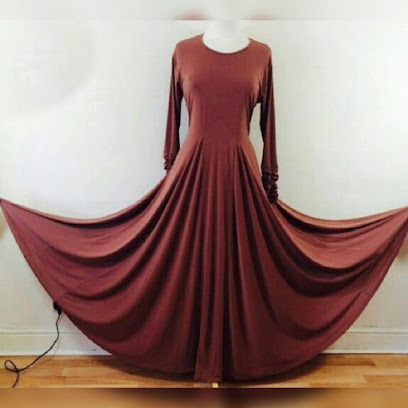
Xebec-The Gift Shop
Discover the essence of Karachi at Xebec-The Gift Shop, where unique gifts and local culture come together in a vibrant shopping experience.
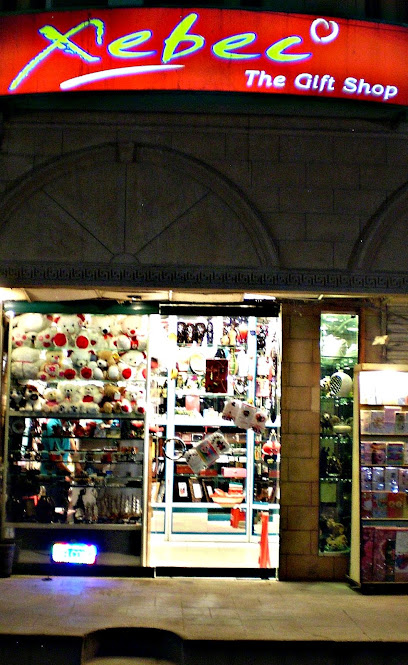
Universal Gift Store
Discover unique souvenirs and local handicrafts at Universal Gift Store, Karachi's premier destination for memorable gifts.
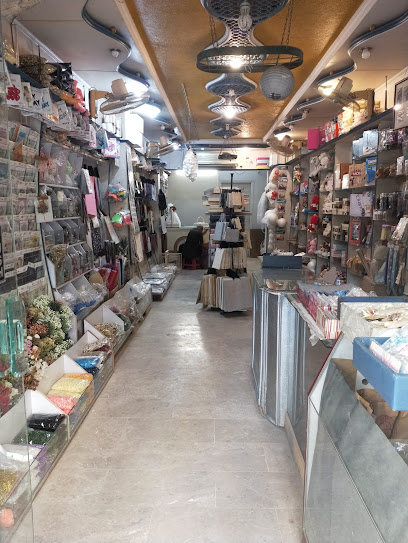
Souvenir Gift Shop
Discover Karachi's unique culture through locally crafted souvenirs at the Souvenir Gift Shop, your gateway to authentic Pakistani treasures.
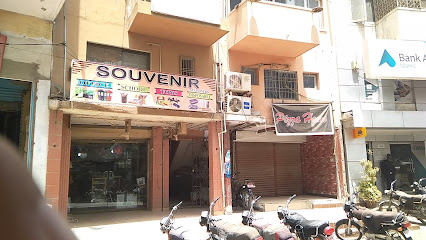
Object
Explore Karachi's vibrant gift shop, offering unique local crafts and souvenirs that embody the spirit of Pakistan.
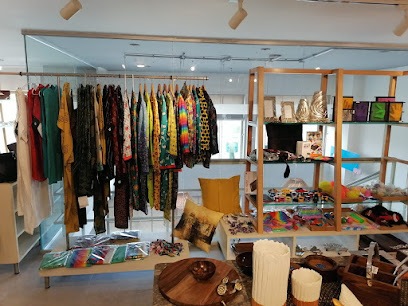
Essential bars & hidden hideouts
Chai Together
Experience Karachi's vibrant nightlife at Chai Together, where traditional chai meets modern bar culture in a lively atmosphere.
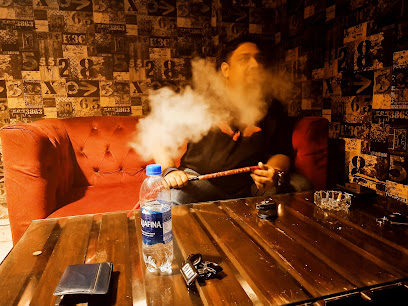
Five star wine shop
Explore the finest selection of wines in Karachi at the Five Star Wine Shop, a haven for wine enthusiasts and casual drinkers alike.
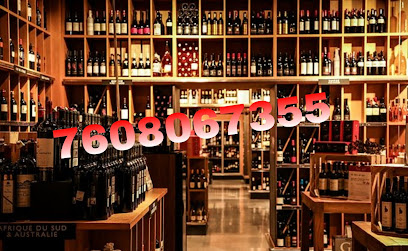
Wine Shop
Explore the rich flavors of local and international wines at Karachi's top wine bar, located in the heart of Bhimpura.

Clifton Chaseup Sheesha Bar
Discover the vibrant nightlife at Clifton Chaseup Sheesha Bar, where flavorful sheesha and a lively atmosphere await in Karachi.
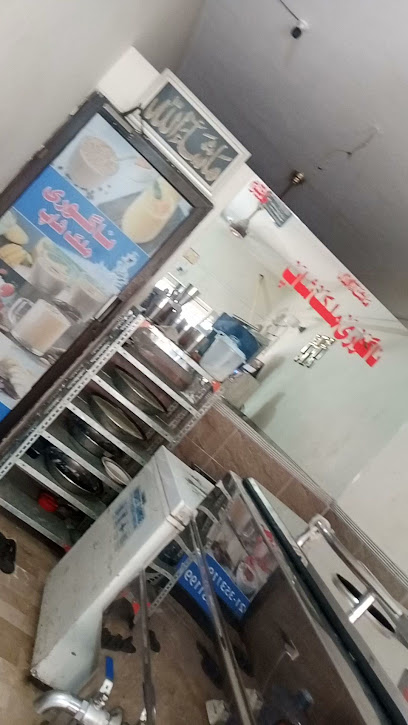
Sindh High Court Old Bar
Discover the rich history and vibrant ambiance of Sindh High Court Old Bar in Karachi, a must-visit destination for cultural enthusiasts.
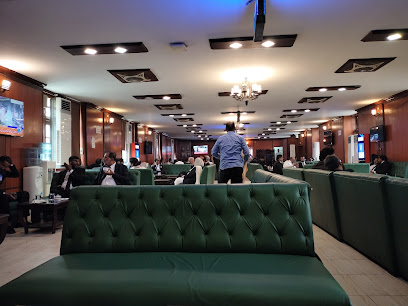
Xtreme Juice Bar Karachi
Discover the vibrant flavors of Xtreme Juice Bar in Karachi – your refreshing retreat for health-conscious drinks and delicious smoothies.
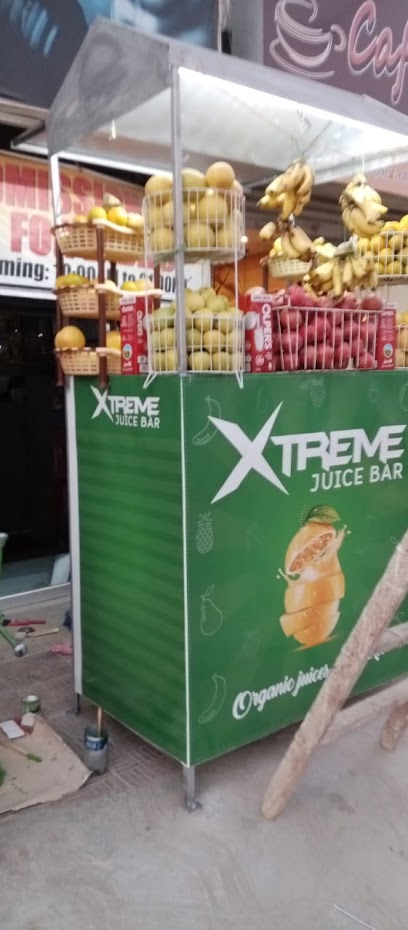
NAB Court Karachi
Discover the vibrant nightlife at NAB Court Karachi, a lively bar in Saddar offering local drinks and a welcoming atmosphere.
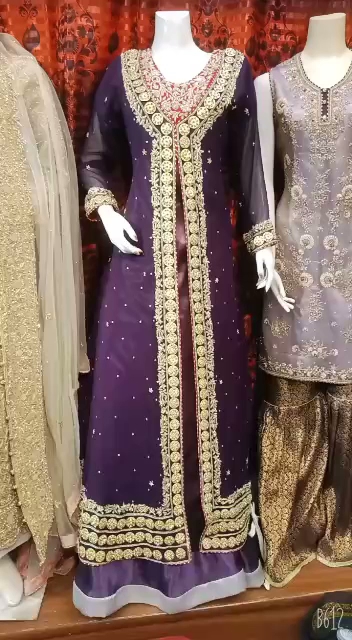
Cool Up - کول اپ
Discover the vibrant nightlife at Cool Up, Karachi's trendy bar offering a delightful array of drinks and a lively atmosphere for all visitors.
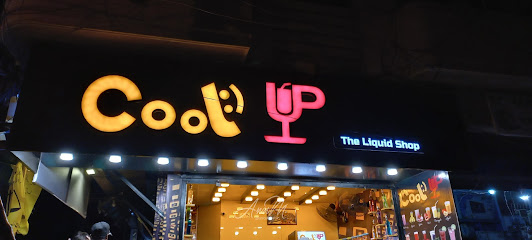
FIZZYLICIOUS
Experience the vibrant nightlife of Karachi at Fizzylicious, where great drinks and lively atmosphere come together for an unforgettable evening.
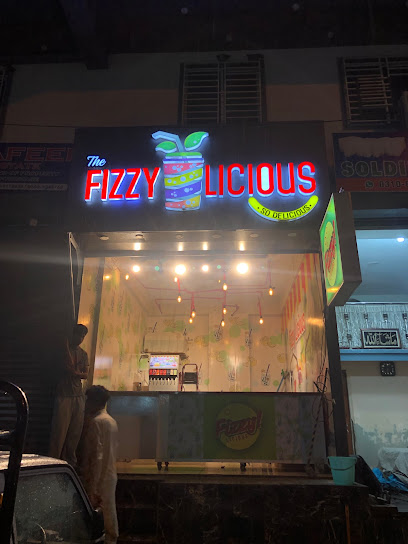
Cheers Soda Bar
Discover the vibrant Cheers Soda Bar in Karachi, where refreshing beverages and a lively atmosphere await every visitor.

Daddy's Drinks
Discover Karachi's nightlife at Daddy's Drinks, where refreshing beverages and a lively atmosphere await you.
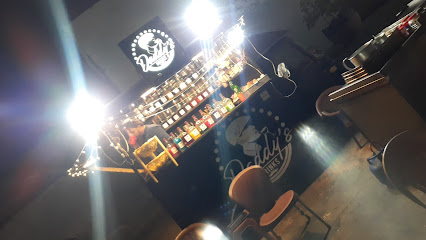
Baloch Ki Patti
Experience the vibrant sports culture of Karachi at Baloch Ki Patti, where delicious food meets thrilling live sports in a lively atmosphere.

VIP Juice Bar
Experience the vibrant flavors of Karachi with refreshing juices at VIP Juice Bar, a local favorite in Saddar Preedy Quarters.
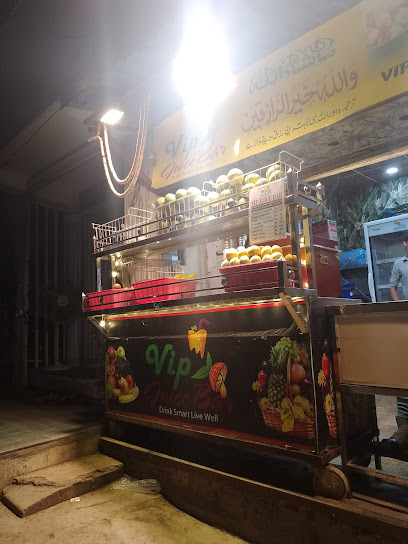
Tera bhai bar
Experience the lively atmosphere and diverse drink offerings at Tera Bhai Bar in the heart of Karachi's vibrant nightlife.

Bar bar shop
Discover the vibrant nightlife at Bar Bar Shop, Karachi's favorite bar offering a diverse drink menu and a lively atmosphere for all.
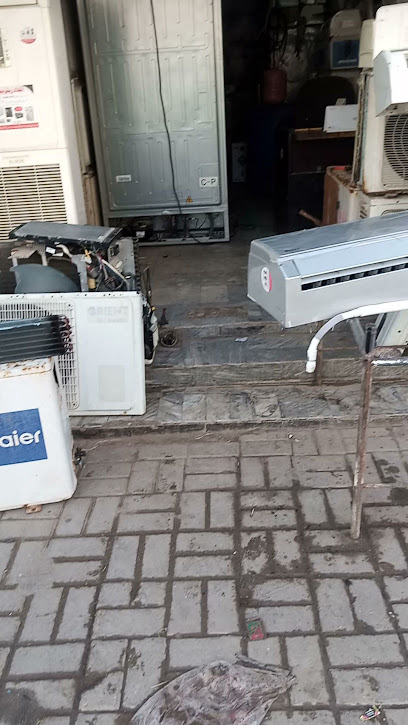
Local Phrases
-
- Helloسلام
[salaam] - Goodbyeخدا حافظ
[khuda hafiz] - Yesجی ہاں
[ji haan] - Noنہیں
[nahin] - Please/You're welcomeبراہ کرم
[baraah karam] - Thank youشکریہ
[shukriya] - Excuse me/Sorryمعاف کیجئے
[maaf kijiye] - How are you?آپ کیسے ہیں؟
[aap kaise hain?] - Fine. And you?ٹھیک ہوں، آپ سنا؟
[theek hoon, aap suna?] - Do you speak English?کیا آپ انگریزی بولتے ہیں؟
[kya aap angrezi boltay hain?] - I don't understandمجھے سمجھ نہیں آیا
[mujhe samajh nahi aya]
- Helloسلام
-
- I'd like to see the menu, pleaseبراہ کرم مینو دیکھنا چاہیے
[baraah karam menu dekhna chahiye] - I don't eat meatمیں گوشت نہیں کھاتا
[main gosht nahi khaata] - Cheers!صحت ہو
[sehat ho] - I would like to pay, pleaseبراہ کرم میں ادا کرنا چاہتا ہوں
[baraah karam main ada karna chahta hoon]
- I'd like to see the menu, pleaseبراہ کرم مینو دیکھنا چاہیے
-
- Help!مدد!
[madad!] - Go away!چلے جاؤ!
[chale jao!] - Call the Police!پولیس کو بلاؤ!
[police ko bulao!] - Call a doctor!ڈاکٹر کو بلاؤ!
[doctor ko bulao!] - I'm lostمیں گم ہو گیا ہوں
[main gum ho gaya hoon] - I'm illمیں بیمار ہوں
[main beemar hoon]
- Help!مدد!
-
- I'd like to buy...میں خریدنا چاہتا ہوں
[main khareedna chahta hoon] - I'm just lookingمیں بس دیکھ رہا ہوں
[main bas dekh raha hoon] - How much is it?یہ کتنے کا ہے؟
[ye kitne ka hai?] - That's too expensiveیہ بہت مہنگا ہے
[ye bohot mehnga hai] - Can you lower the price?کیا آپ قیمت کم کر سکتے ہیں؟
[kya aap qeemat kam kar sakte hain?]
- I'd like to buy...میں خریدنا چاہتا ہوں
-
- What time is it?وقت کیا ہوا ہے؟
[waqt kya hua hai?] - It's one o'clockایک بجے ہیں
[aik bajay hain] - Half past (10)ڈیڑھ گھنٹہ ہو چکا ہے
[dair ghantha ho chuka hai] - Morningصبح
[subah] - Afternoonدوپہر
[dopehar] - Eveningشام
[shaam] - Yesterdayگزشتہ دن
[guzishta din] - Todayآج
[aaj] - Tomorrowکل
[kal] - 1ایک
[aik] - 2دو
[do] - 3تین
[teen] - 4چار
[chaar] - 5پانچ
[paanch] - 6چھے
[chhe] - 7سات
[saat] - 8آٹھ
[aath] - 9نو
[no] - 10دس
[das]
- What time is it?وقت کیا ہوا ہے؟
-
- Where's a/the...?کہاں ہے...؟
[kahan hai...?] - What's the address?پتہ کیا ہے؟
[pata kya hai?] - Can you show me (on the map)?کیا آپ مجھے دکھا سکتے ہیں (نقشے پر)؟
[kya aap mujhe dikha sakte hain (naqshay par)?] - When's the next (bus)?اگلی (بس) کب آئے گی؟
[agli (bus) kab aayegi?] - A ticket (to ....)ایک ٹکٹ (.... کے لیے)
[aik ticket (.... ke liye)]
- Where's a/the...?کہاں ہے...؟
History of Karachi
-
Karachi's history dates back to ancient times, with evidence suggesting it was a small fishing village known as Kolachi. The port of Karachi has been a significant trading point for centuries, even mentioned in ancient texts and maps.
-
The British East India Company captured Karachi in 1839, transforming it from a small fishing village into a bustling port city. The British established key infrastructure, including the construction of the Karachi Port, and introduced modern urban planning.
-
Karachi played a pivotal role in the Indian independence movement. It hosted the 23rd annual session of the Indian National Congress in 1931, where significant resolutions for civil disobedience and independence were passed.
-
The partition of India in 1947 marked a significant period in Karachi's history. The city became the capital of the newly formed Pakistan and witnessed a massive influx of migrants from India, transforming its demographic and cultural landscape.
-
Post-independence, Karachi rapidly developed into Pakistan's industrial and economic hub. The city's strategic coastal location facilitated trade and commerce, leading to rapid urbanization and growth in various industries.
-
Karachi is a cultural melting pot, home to diverse ethnic communities, including Sindhis, Punjabis, Mohajirs, Pashtuns, and Baloch. This diversity is reflected in the city's vibrant arts, cuisine, festivals, and architectural styles.
-
Karachi boasts a rich architectural heritage, with landmarks such as the Mohatta Palace, Frere Hall, Empress Market, and Quaid-e-Azam's Mausoleum. These structures showcase a blend of colonial, Mughal, and modern architectural styles.
-
Today, Karachi is Pakistan's largest city and a key financial hub. It continues to grow and evolve, balancing its rich historical legacy with modern developments, making it a dynamic and exciting destination for travelers.
Karachi Essentials
-
Karachi is accessible through Jinnah International Airport (KHI), which is well-connected to major cities around the world. Direct flights are available from Europe, the Middle East, and Asia. From the airport, you can take a taxi, ride-hailing service, or airport shuttle to your accommodation. Alternatively, Karachi is also connected by rail and road to other cities in Pakistan.
-
Karachi offers various modes of transportation including buses, taxis, rickshaws, and ride-hailing services like Uber and Careem. The city also has a bus rapid transit system and local trains for commuting. Taxis and ride-hailing services are generally more comfortable and safer for tourists. Renting a car is another option but be prepared for heavy traffic and local driving habits.
-
The official currency of Pakistan is the Pakistani Rupee (PKR). Credit cards are widely accepted in hotels, restaurants, and larger shops. However, it is advisable to carry some cash for smaller establishments and markets. ATMs are readily available throughout the city, but always inform your bank of your travel plans to avoid any issues with card usage.
-
While Karachi has areas that are safe for tourists, it also has neighborhoods with higher crime rates. Areas such as Lyari and some parts of Korangi and Orangi Town are best avoided. Stick to well-populated and well-lit areas, especially at night. Always keep your belongings secure and be cautious of pickpockets in crowded places.
-
In case of emergency, dial 15 for police assistance and 115 for medical emergencies. Major hospitals like Aga Khan University Hospital and Jinnah Postgraduate Medical Centre offer quality healthcare services. It is advisable to have travel insurance that covers medical emergencies. For minor issues, pharmacies are widely available.
-
Fashion: Do dress modestly. Men should avoid wearing shorts in public, and women should consider wearing a shawl or scarf. Religion: Do respect local customs and practices. Remove shoes before entering mosques and other religious sites. Public Transport: Do be polite and offer seats to elderly passengers. Avoid eating and drinking on public transport. Greetings: Do greet people with a handshake. Men should wait for a woman to extend her hand first. Eating & Drinking: Do try local foods but avoid drinking tap water. Always accept food graciously when offered.
-
To experience Karachi like a local, visit the Empress Market for a variety of local goods and produce. Take a stroll along Clifton Beach during sunset for a relaxing experience. Try local street food like bun kebabs and chaat from reputable vendors. Engage with locals, who are generally friendly and eager to share their culture and history.
Trending Landmark in Karachi
-
Mazar-e-Quaid-e-Azam
-
Pakistan Maritime Museum
-
Frere Hall
-
Tooba Masjid
-
Mohatta Palace Museum
-
A.K. Khan Park
-
TDF Magnifi Science Centre
-
Shrine Hazrat Syed Abdullah Shah Ghazi
-
2 Number Roundabout
-
Clifton Beach, Karachi
-
Poonabhai Mamaiya Tower
-
Aziz Bhatti Park
-
Quaid e Azam House Museum
-
National Museum Of Pakistan
-
Aath Chowk Lyari
Nearby Cities to Karachi
-
Things To Do in Hyderabad
-
Things To Do in Jaisalmer
-
Things To Do in Rajkot
-
Things To Do in Quetta
-
Things To Do in Ahmedabad
-
Things To Do in Jodhpur
-
Things To Do in Udaipur
-
Things To Do in Vadodara
-
Things To Do in Multan
-
Things To Do in Pushkar
-
Things To Do in Sur
-
Things To Do in Nashik
-
Things To Do in Mumbai
-
Things To Do in Muscat
-
Things To Do in Jaipur


















